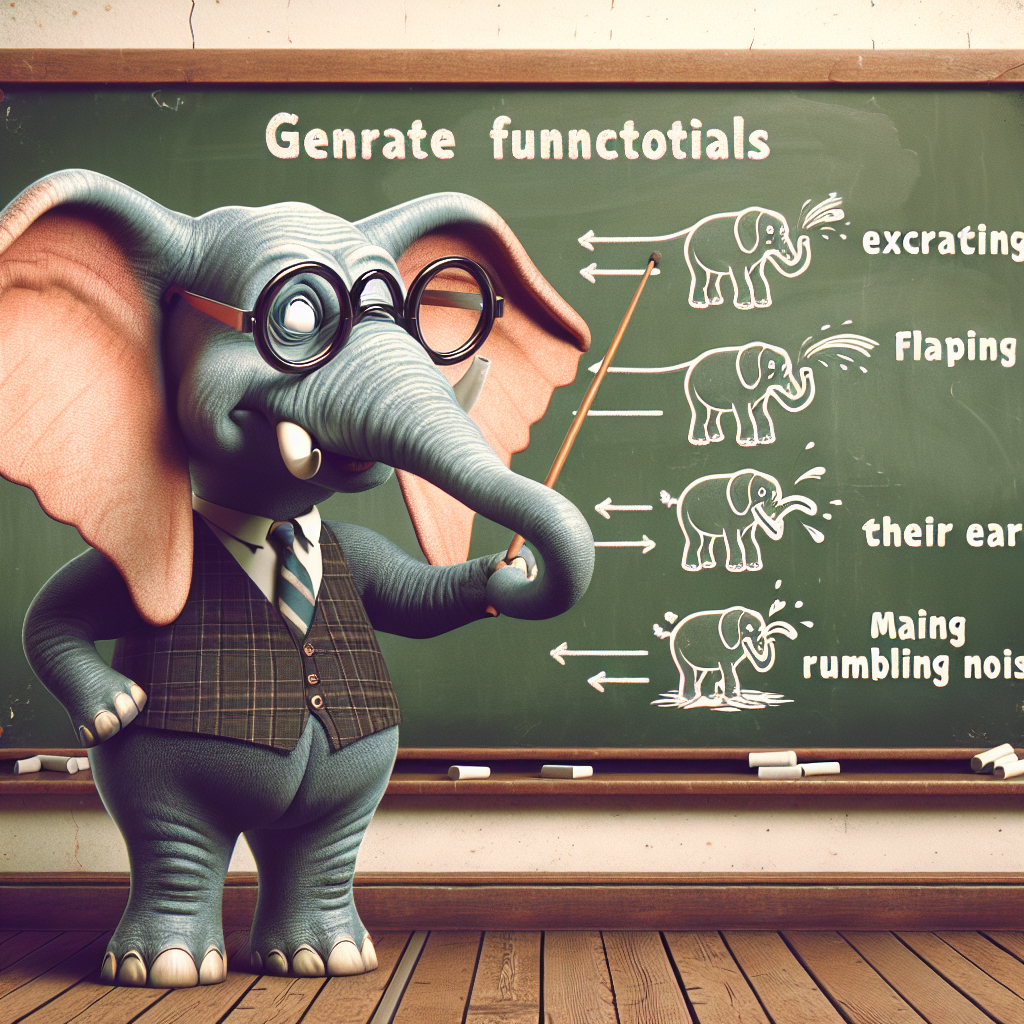Summary created by ChatGPT4
The paper “From Predictive Analytics to Emotional Recognition - The Evolving Landscape of Cognitive Computing in Animal Welfare” by Suresh Neethirajan discusses the application of cognitive computing in enhancing animal welfare, particularly in agriculture and livestock management. It highlights the strategic use of digital imaging, artificial intelligence, acoustic vocalization analysis, and cognitive evaluations to understand subtle behavioral patterns, micro-expressions, and emotional states of farm animals. These technological advancements allow for a more nuanced and compassionate approach to animal management, emphasizing the need for a synergistic method that combines technology with a deep understanding of animal behavior and psychology.
Discovery Details
The paper details new discoveries in animal cognition, showcasing advancements such as the use of facial recognition technology and thermographic insights to monitor emotional and physiological states. Innovations like brain lateralization studies and the application of non-invasive sensors for real-time monitoring represent significant advancements in understanding and improving animal welfare.
Methodological Breakdown
The research employs a variety of innovative methodologies, including digital imaging for behavioral analysis, acoustic analysis for understanding vocalizations, and advanced computing algorithms for interpreting complex data. These methods contribute to a comprehensive understanding of animal welfare, moving beyond traditional observational techniques.
Challenges and Opportunities
Challenges include ethical considerations, ensuring the non-invasive nature of technologies, and the potential for over-reliance on automated systems. Opportunities for future research include further refinement of cognitive computing technologies to enhance their precision and application across different species and settings.
TLDR
The paper represents a significant step forward in the integration of cognitive computing with animal welfare, offering new tools and methodologies for understanding and improving the lives of farm animals through technology.
AI Thoughts
The broader implications of this research could revolutionize animal welfare and management, providing a model for how technology can be ethically and effectively used to enhance the well-being of sentient beings. This approach could also inspire similar advancements in other fields, emphasizing the importance of ethical considerations and the potential for AI to contribute positively to society.

